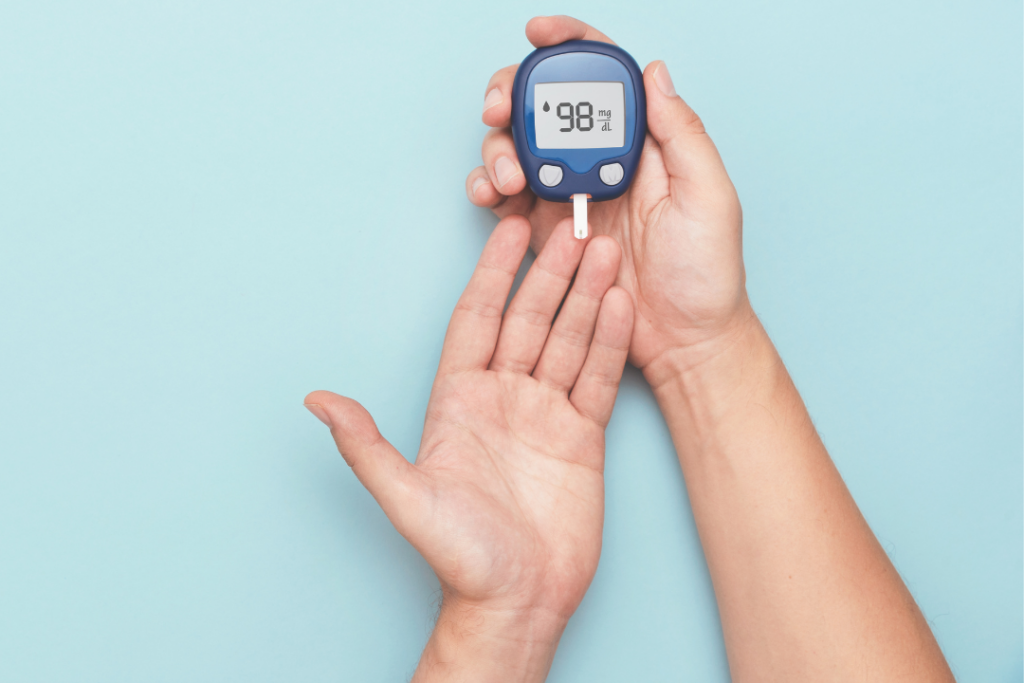Type 1 Diabetes

Type 1 diabetes is a chronic condition where the body’s immune system mistakenly attacks and destroys the insulin-producing beta cells in the pancreas. As a result, individuals with Type 1 diabetes produce little to no insulin, a hormone essential for regulating blood glucose levels.
Causes and Risk Factors
The exact cause of Type 1 diabetes is not fully understood, but it is believed to involve a combination of genetic and environmental factors. It often manifests in childhood or early adulthood, although it can occur at any age. Family history and autoimmune conditions may increase the risk of developing Type 1 diabetes.
Symptoms
Common symptoms of Type 1 diabetes include excessive thirst, frequent urination, extreme fatigue, blurred vision, and unintended weight loss. These symptoms occur because the body is unable to use glucose properly, leading to high blood sugar levels.
Diagnosis
Diagnosis is typically made through blood tests that measure blood glucose levels and the presence of autoantibodies associated with the autoimmune destruction of insulin-producing cells. An A1C test may also be used to evaluate average blood glucose levels over the past two to three months.
Management
Managing Type 1 diabetes requires lifelong insulin therapy, which can be administered through injections or an insulin pump. Insulin therapy helps regulate blood glucose levels and mimics the normal insulin production that the pancreas no longer provides. Additionally, individuals must monitor their blood glucose levels regularly, adjust their insulin doses based on their food intake and physical activity, and follow a balanced diet.
Complications
If not well-managed, Type 1 diabetes can lead to serious complications, including heart disease, kidney damage, nerve damage, and eye problems. Maintaining good blood glucose control is crucial to minimizing these risks and ensuring long-term health.
Support and Education
Ongoing education and support are essential for individuals with Type 1 diabetes. Healthcare teams provide guidance on insulin management, dietary adjustments, and lifestyle changes to help individuals lead healthy, active lives. Regular check-ups and monitoring are vital for effective management and prevention of complications.
By adhering to a comprehensive management plan, individuals with Type 1 diabetes can effectively control their condition and maintain a good quality of life.
